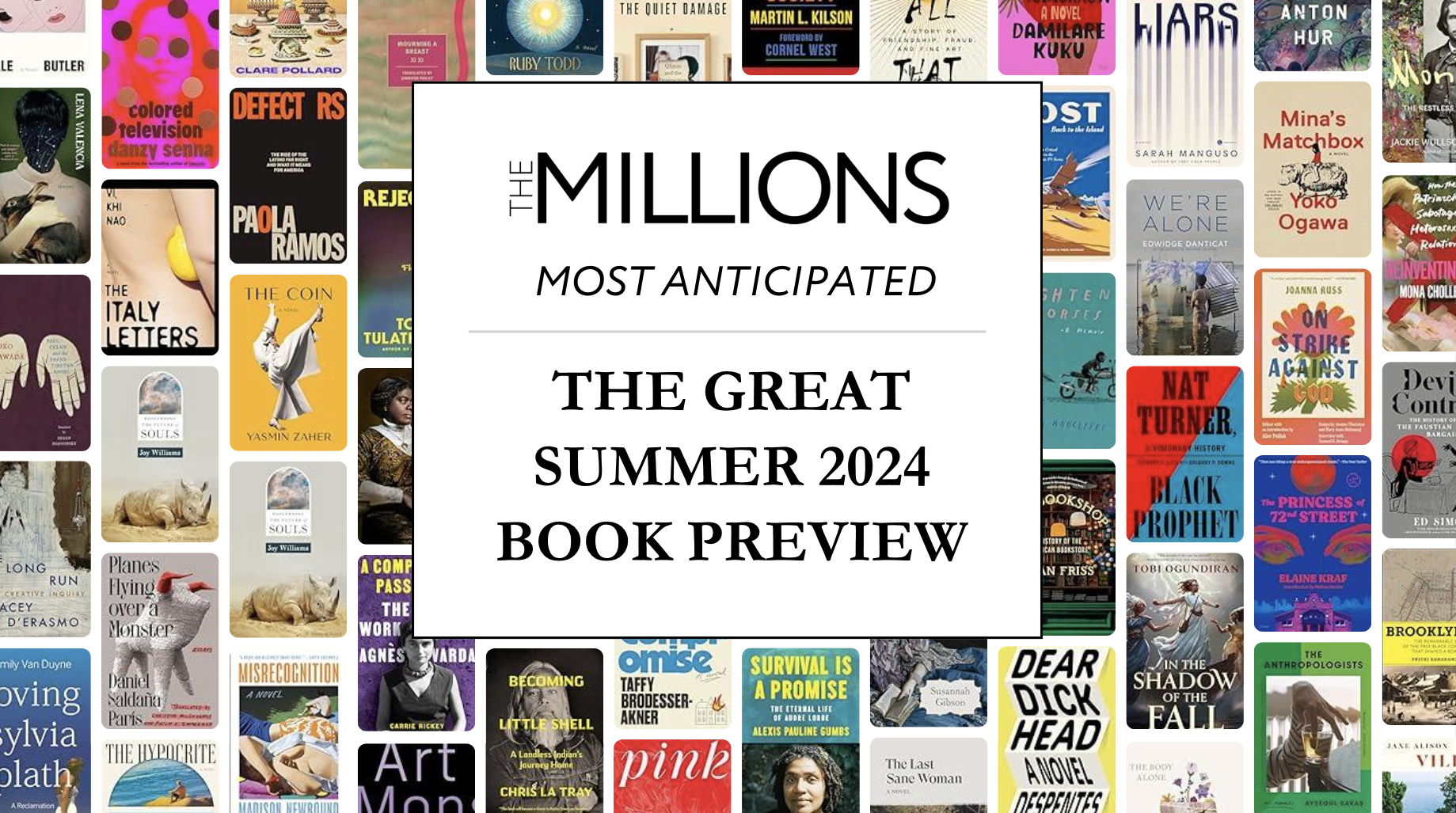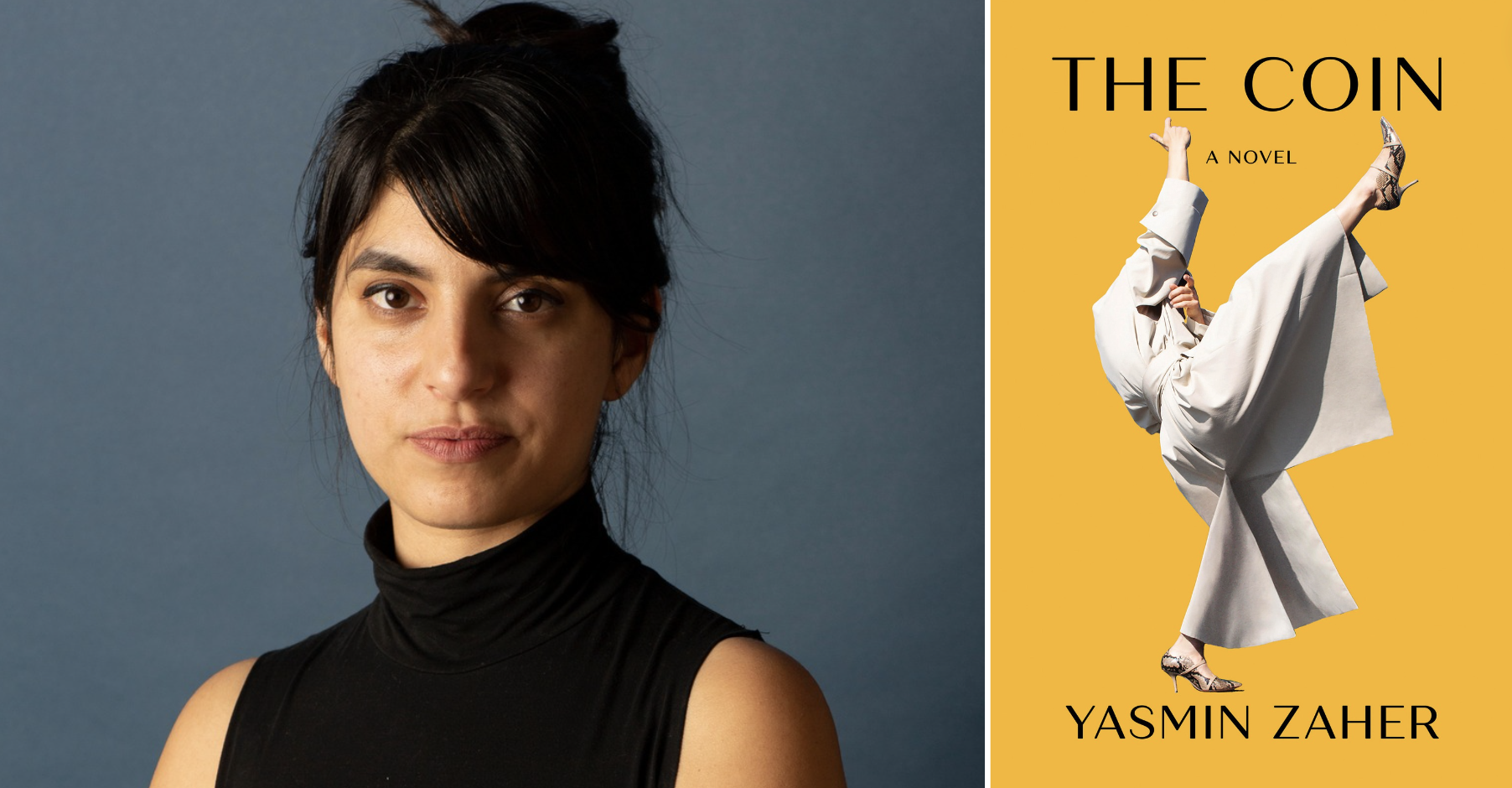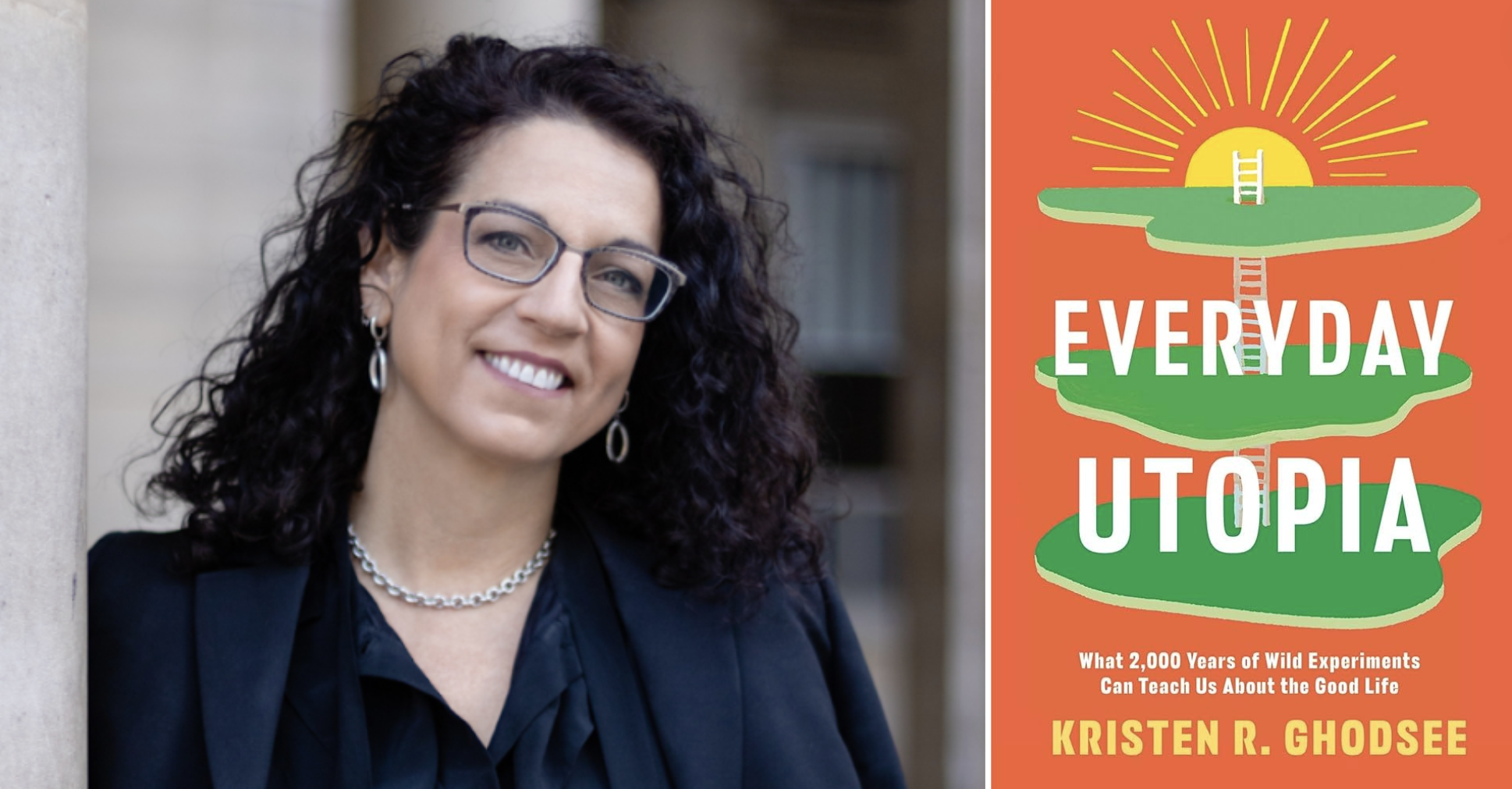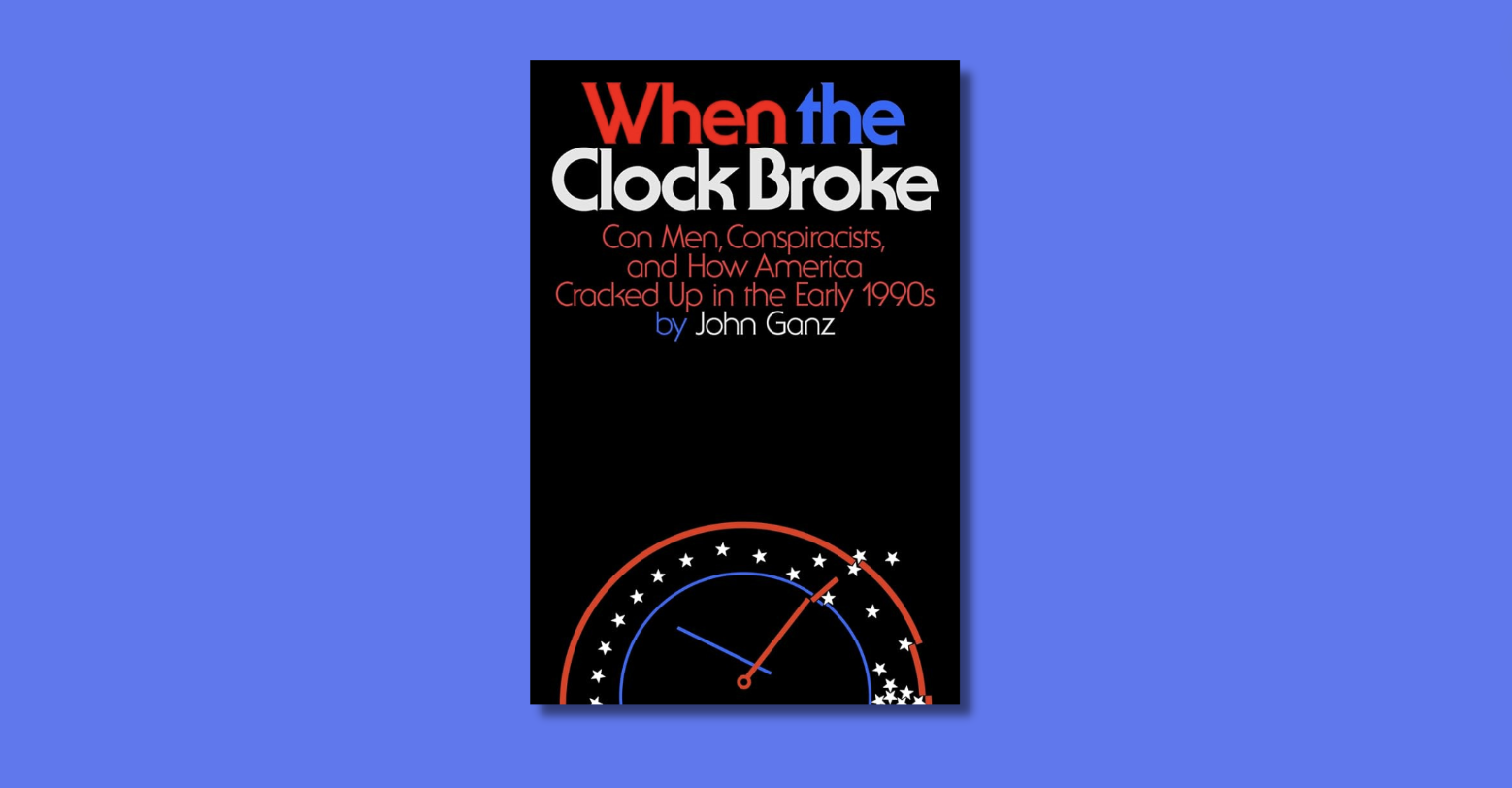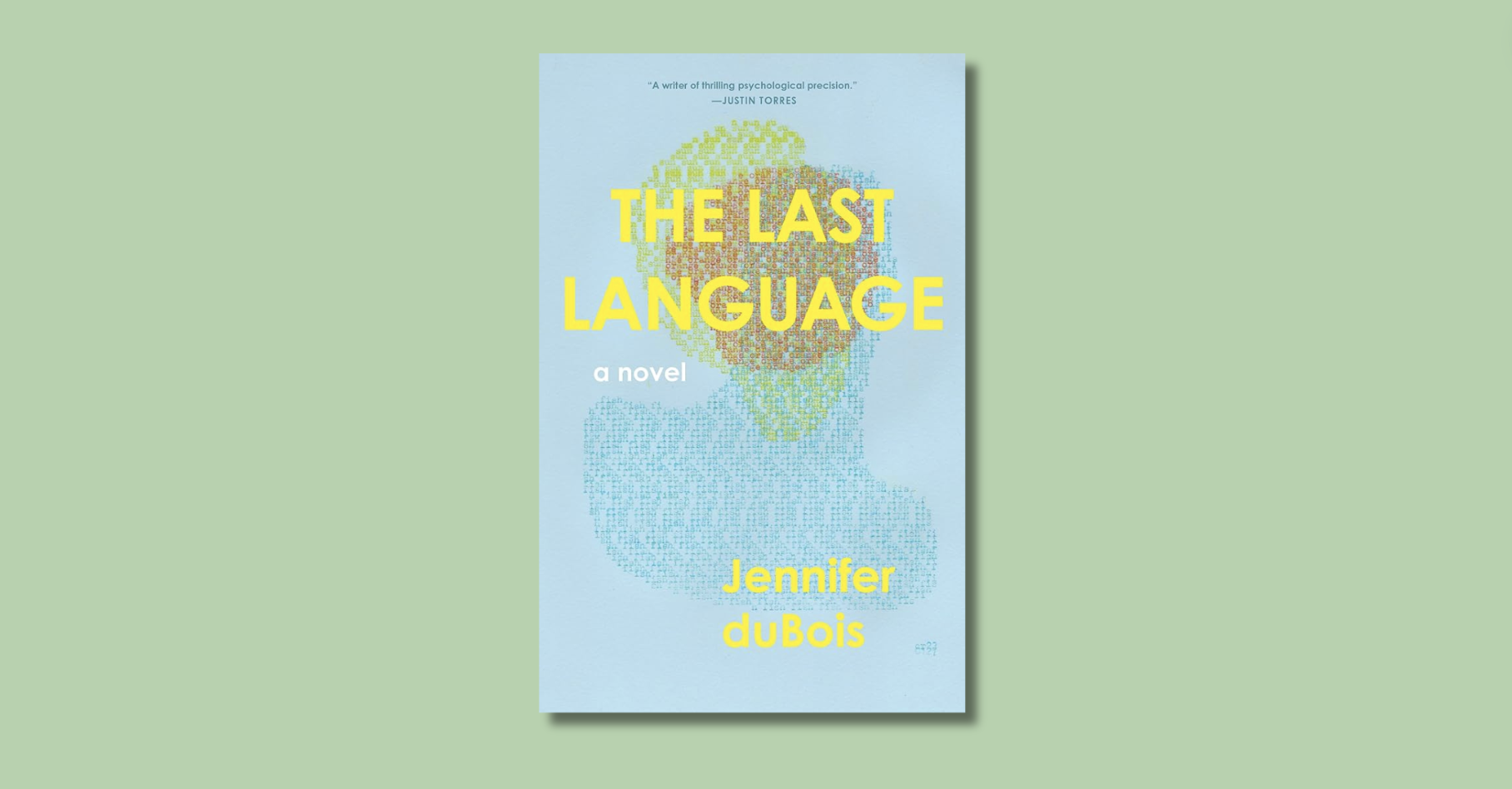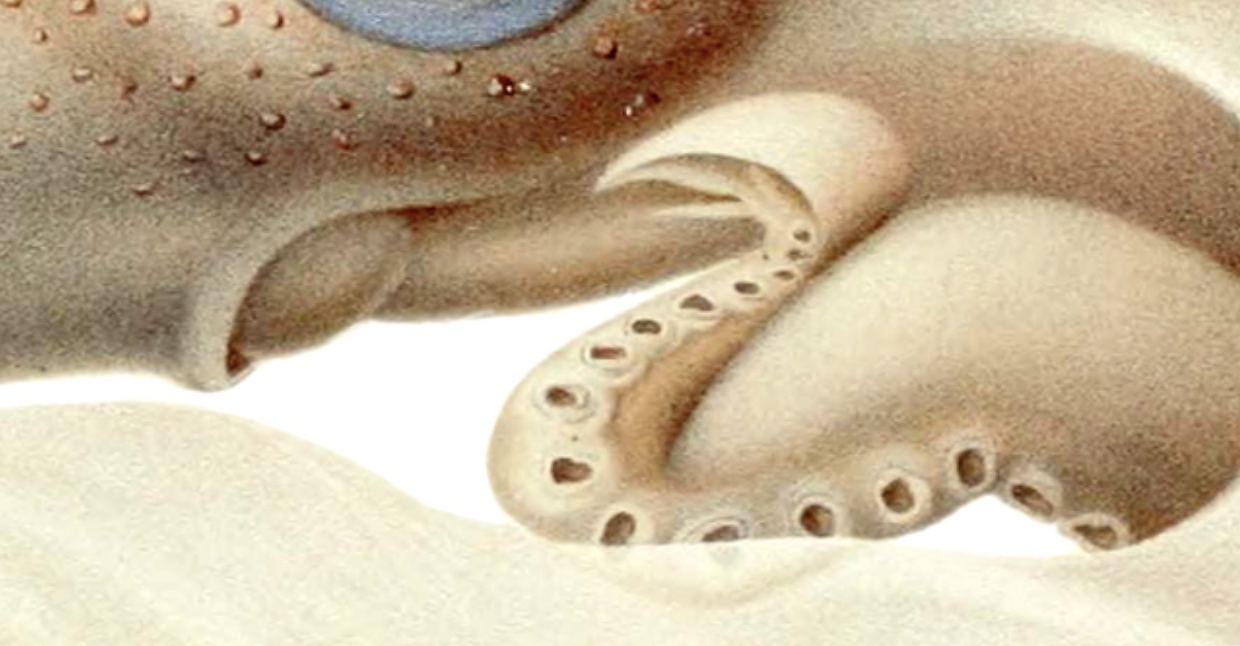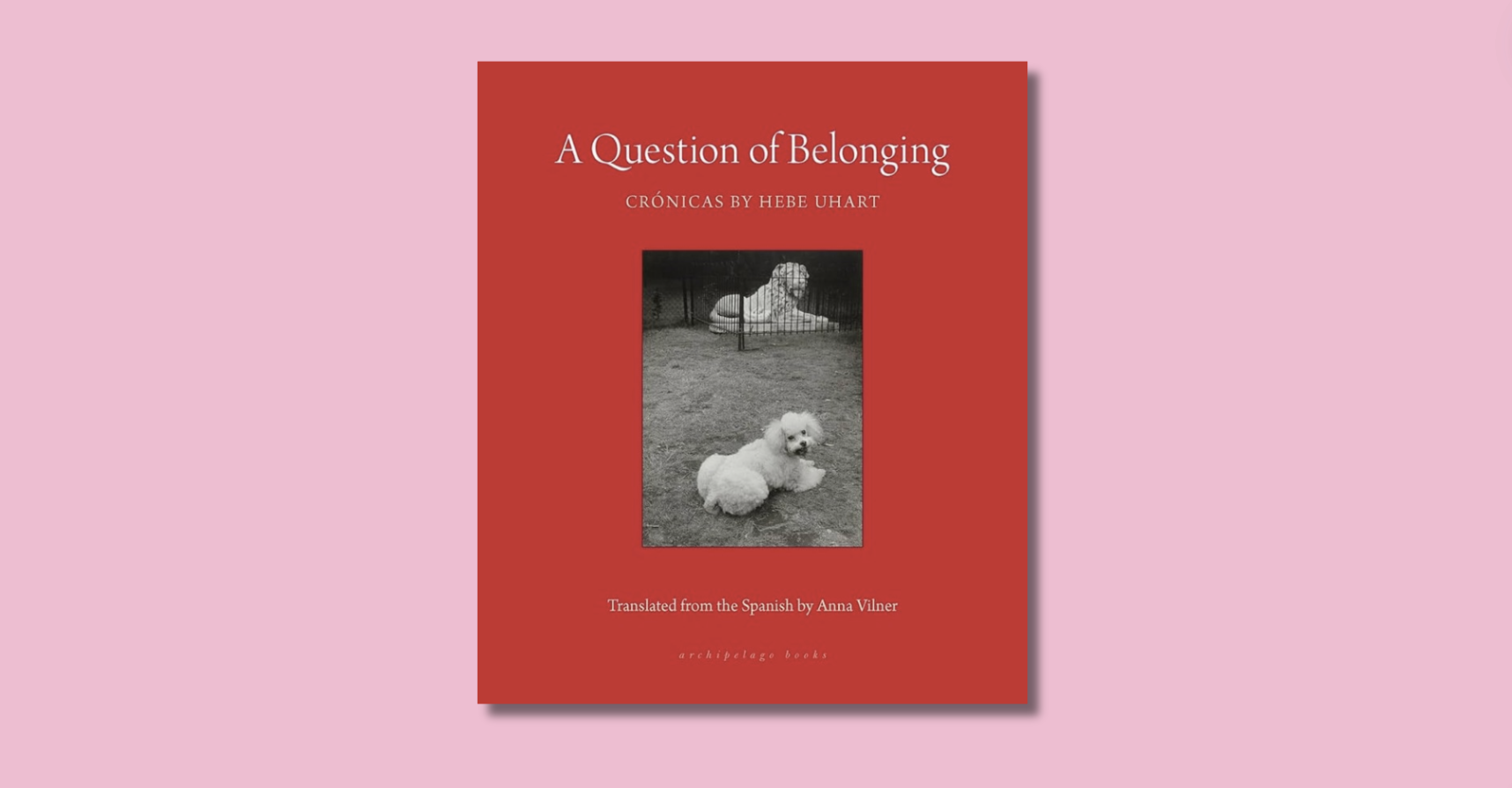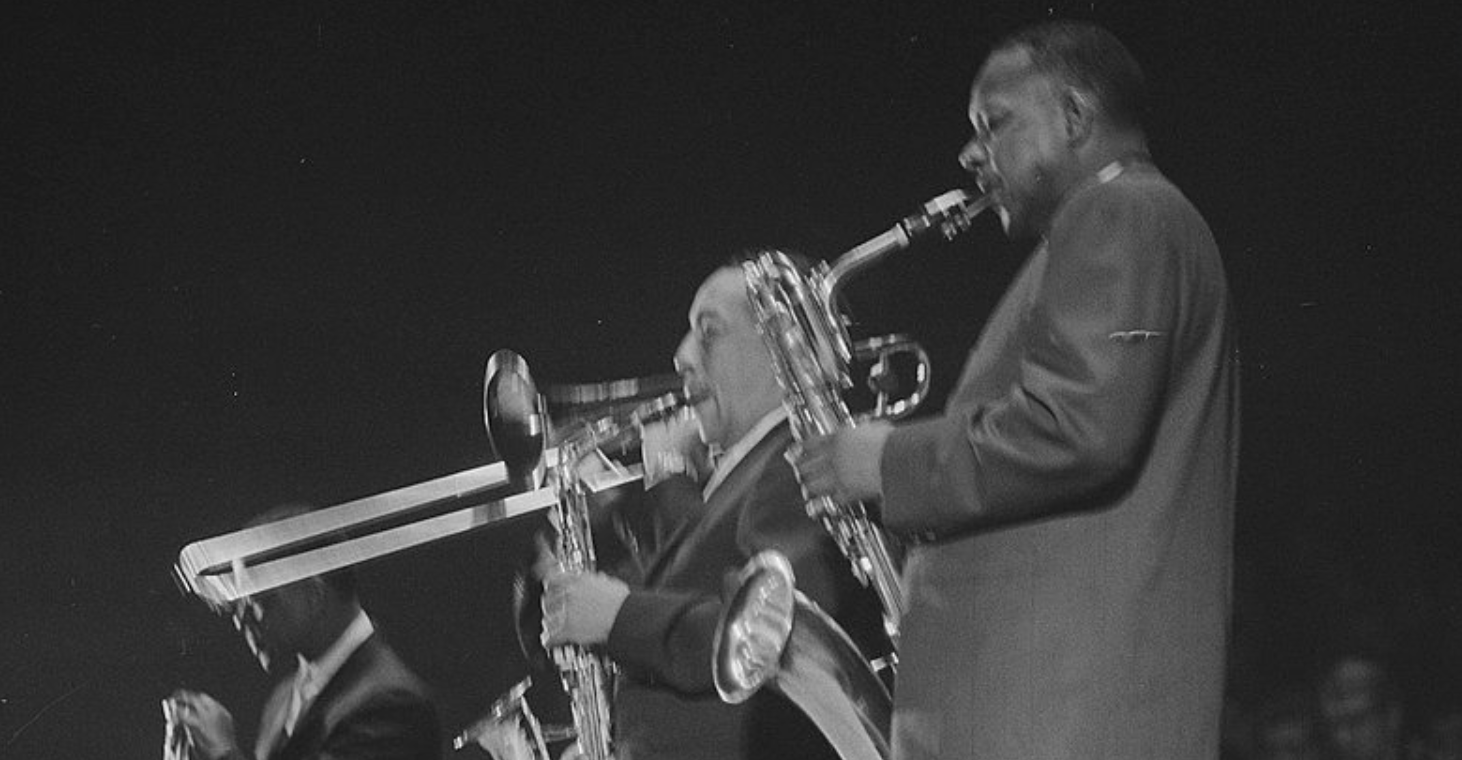 It creeps up on me in the middle of a Friday, like the gnawing sensation of possibly having left the oven on: I haven’t been reading enough Lynne Tillman. Thus I don’t know if there’s a precedent for this charming, maddening, brilliant, painstaking, and utterly mesmeric book. Certainly, there are shades of Hemingway and Stein and Hawthorne’s Blithedale Romance here, passages on textiles reminiscent of W.G. Sebald’s The Rings of Saturn, Jamesian syntactical snarls. But the voice of Tillman’s fifth novel, American Genius, A Comedy, strikes me as sui generis. And it is the voice, gradually and then suddenly, that gives this novel its form, its heft, its suspense, and its unique quality of beguilement.
It creeps up on me in the middle of a Friday, like the gnawing sensation of possibly having left the oven on: I haven’t been reading enough Lynne Tillman. Thus I don’t know if there’s a precedent for this charming, maddening, brilliant, painstaking, and utterly mesmeric book. Certainly, there are shades of Hemingway and Stein and Hawthorne’s Blithedale Romance here, passages on textiles reminiscent of W.G. Sebald’s The Rings of Saturn, Jamesian syntactical snarls. But the voice of Tillman’s fifth novel, American Genius, A Comedy, strikes me as sui generis. And it is the voice, gradually and then suddenly, that gives this novel its form, its heft, its suspense, and its unique quality of beguilement.
Along the way, American Genius offers an effulgent answer to the question Benjamin Kunkel posed in N+1‘s recent symposium on American writing: Whither the psychological novel? The opening pages throw us into the mind of an as-yet-unnamed narrator who muses on food, farts, Eames chairs, the Manson family, her own family, and skin, among other things. In fact, this woman’s consciousness acts not like a brain but like a skin – “the body’s largest organ,” she points out. That is, her genius is not for solving problems, but for registering them. She is, as she puts it, “sensitive.” Which is another way of saying clinically neurotic. She has trouble living in her own skin, and retreats to the life of the mind.
Eavesdropping on her quotidian obsessions, we slowly gather that she is middle-aged, that she has studied and taught American history, and that she has endured the loss of many loved ones. And, importantly, we learn that she has checked in to an enigmatic New England retreat for scholars, all of whom seem to be in crisis somehow – Chataqua via The Magic Mountain. An eccentric cast of characters – a man who, like my college roommate, lives nocturnally; a woman longing to commune with Kafka’s dead lover, a man who lugs his laptop to breakfast – seems to promise drama, or, like the title, comedy. The precise nature of this scholarly colony, and the narrator’s precise reasons for being there, hover at the periphery of her consciousness, and thus at the periphery of the novel. But, in the absence of a traditional plot, our questions – Why did the narrator’s brother run away from home? What is the nature of her crisis? Why this obsession with dermatology? – serve as hooks, drawing us deep into the fabric of the prose.
And what prose it is. Unlike some other experimental novels, American Genius unfolds in sentences so clear as to be pellucid. Like a sensitive skin, Tillman’s language registers every flicker of doubt, every shift in the book’s emotional weather. Simple clauses, phrased perfectly and spliced with Kafkan commas, double back to bite their own tails, or to measure the tension between past and present, or to erupt, via figures of speech, into fullness of feeling. Here, for example, is the narrator – Helen, it turns out (surely not the Helen of Tillman’s earlier novel Cast in Doubt?)- ruminating on therapeutic massage:
When I’m in the place I call home, where I have a young wild cat and an old, frail mother who may or may not miss me, I see a Japanese therapeutic masseuse, whose attitude toward the body is vastly different from the Polish cosmetician’s, who twice has massaged me with gentle strength and kneaded my body respectfully, though she may not respect it or me. The Japanese masseuse acts against my body, she forces it to comply, as if trouncing a truculent enemy, and I can see her wringing her hands and canvassing my legs before moving toward them, to exact revenge.
And here is Helen remembering her father:
I watched my father charcoal broil while sitting on the grass or on the poured concrete steps that led from the blue and gray slate patio to the storm door to the back of the house, where my mother pushed her arm through the glass, and he was happy broiling steak over a fire, which he composed of briquettes and newspaper but never doused with fuel, which would, he explain, ignite it quickly but ruin its taste.
The cumulative effect of these quiet surfaces, punctured by the abrupt humor of the masseuse’s imaginary adversary or the horror of the mother pushing her arm through the glass door, is at once soothing and hair-raising. The reader is charmed and made anxious, as Helen is. Her sentences, apparently evenhanded, turn out to be deeply subjective, and in the spaces between periods, much is repressed, withheld, or held for later. Ultimately, we come to know her not as we know characters in novels, but as we know others, or ourselves… which is to say deeply and incompletely, intimately and mysteriously.
But American Genius does not merely aspire to the level of character study or prose experiment. By juxtaposing Helen’s personal concerns with her scholarly ones – or, more aptly, razing the distinction between the two – Tillman is concerned to craft a national novel. “I wanted to go for it,” she tells Geoffrey O’Brien in a Bomb Magazine interview, “[to] fully write about who and where we are – or, even, how to think about being an American now.” There is a feminist daring in the way Tillman goes about her work, eschewing battle scenes or historical pastiche in favor of awkward encounters in the colony’s dining hall, private memories of watching the Kennedys on TV. Still, as in Mary Gaitskill’s Veronica – a book whose form and mission complement this one’s – a vivid sense of the Zeitgeist emerges. Tillman reaches the apogee of her powers in bravura passages where world-historical events and painful memories and wry observational comedy are all braided together, shot through with Helen’s obliquely sad sensibility. And when events in the residents conspire, as they must, to goad Helen out of her inertial rut, the smallest action feels charged with the weight of centuries.
 In case I haven’t made this clear already: Lynne Tillman is a writer in full command of her effects. I am reminded of my recent and belated discovery of the short-story writer Deborah Eisenberg Twilight of the Superheroes, who also made me want to kick myself for having overlooked her work for so long. These writers’ mastery is so evident (and so hard-won), that to critique either feels almost like arguing with her sensibility.
In case I haven’t made this clear already: Lynne Tillman is a writer in full command of her effects. I am reminded of my recent and belated discovery of the short-story writer Deborah Eisenberg Twilight of the Superheroes, who also made me want to kick myself for having overlooked her work for so long. These writers’ mastery is so evident (and so hard-won), that to critique either feels almost like arguing with her sensibility.
Nonetheless, I’m contractually obligated to record my quibbles (that is, Max has me chained in the basement here at The Millions and is withholding my gruel). The first – really more of an open question – concerns the deployment of Helen’s considerable erudition. Usually, her factual disquisitions seem to spring organically from her private fixations – that is, from her character. Nonetheless, I found some of the more undigested chunks of learning, particularly those explaining various medical conditions, to be slack places in the novel. At times, I felt the hand of the writer directing her narrator’s consciousness to areas of thematic fertility. Is Tillman researching this? I thought. Or is Helen thinking it spontaneously? Given the generally seamless illusion of life created here, calling attention to its status as a composed artifact felt like a mistake, however interesting. These bumpy passages generally smoothed themselves out after page 100, and perhaps it’s a case of the book teaching one how to read it. Nonetheless, in a novel as deserving of broad readership as this one is, the dips into the encyclopedic may present barriers to entry.
Another initial hurdle arises from the setting. As a present-tense peg on which to hang the narrator’s past, the constrained environment of the intellectual colony at first seems to limit the book’s dramatic possibilities. As in a campus novel, there’s a faint plumminess to the surroundings, and one wonders how Tillman will reconcile the ambitions of the title – American Genius – with a setting so socially attenuated… so uppercrust. That she does is a testament to her immense gifts. The novel took possession of me about a third of the way through, when Helen decided to explore beyond the confines of the colony. And it didn’t let go until the end. Even afterward, at night, in bed, I’ve found myself missing the cadences of Helen’s sentences, the surprising and bewildering turns of her mind.
Unlike some other ambitious novels I can think of, American Genius doesn’t require that the reader be a genius, too. It doesn’t try to overwhelm its audience – at least not with shock and awe tactics. Nor does it condescend to us. What it does require is patience. Readers eager for plot, dialogue, characters delivered in a single stroke… the sturdy appurtenances of conventional fiction, will have to open themselves to American Genius, to surrender to its magic, to trust. But they will be richly rewarded. And perhaps even changed.
Sidebar: Recent “American” Novels:
- American Purgatorio by John Haskell (2004)
- American Desert (2004) by Percival Everett
- American Skin (2000) by Don De Grazia
- In America (2000) by Susan Sontag
- Purple America (1997) by Rick Moody
- American Pastoral (1997) by Philip Roth
